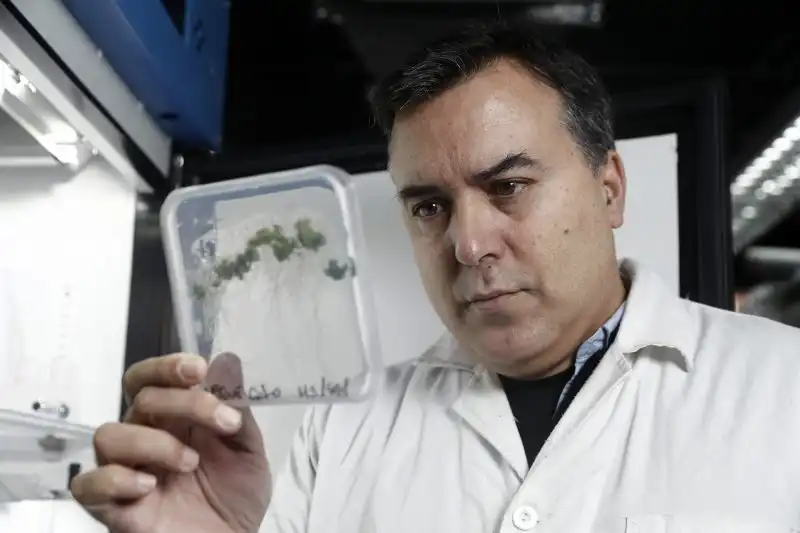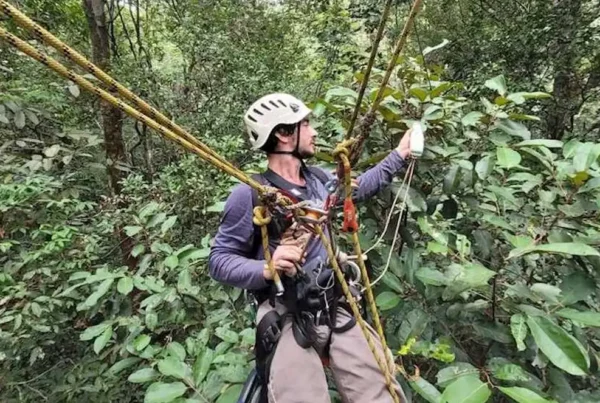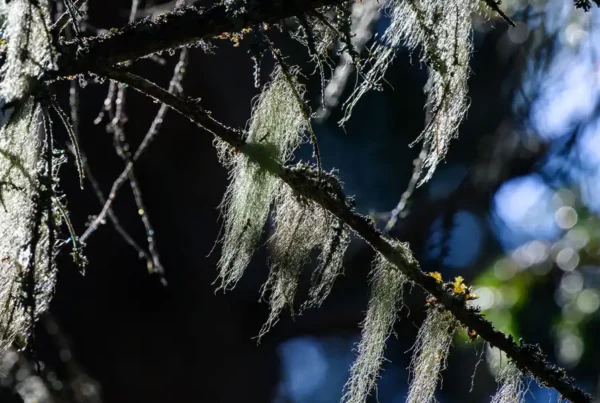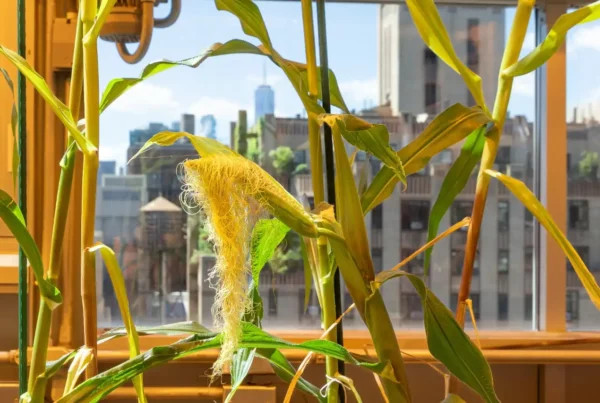A new study published in the New Phytologist journal suggests that, based on the identification of certain molecular mechanisms, it is possible to develop Super-Adaptable Plants (SAP) with higher nutrient absorption in unfavorable conditions.
The research is the result of an international collaboration involving 6 countries, including Chile, Argentina, China, Czech Republic, France and Germany. One of the co-authors of the study is Dr. José Estevez, Associate Researcher and director of the Millennium Nucleus for the Development of Super-Adaptable Plants (MN-SAP) and researcher at the Center for Plant Biotechnology at Universidad Andrés Bello.
Current agriculture presents one of the biggest challenges of our time. With a world population exceeding 8 billion inhabitants and food production affected by the effects of climate change (such as water scarcity), scientists are increasingly interested in analyzing how, based on the study of plant development, they can combat this global crisis to some extent.
Estevez and his team are one of the leading research groups studying the factors that regulate the growth of certain cells in plants. Specifically root hairs, which in plant roots are responsible for absorbing water and nutrients, as well as interacting with soil microorganisms. One of the peculiar traits of these cells is that they can expand their size several hundred times their original size.
Deciphering biological mechanisms
In a recent study published in New Phytologist, in which Dr. José Estevez, Associate Researcher and Director of the Millennium Nucleus for the Development of Superadaptable Plants (of the National Agency for Research and Development) and researcher at the Plant Biotechnology Center of the Universidad Andrés Bello, participated, experiments were conducted with Arabidopsis thaliana, a plant that shares biological mechanisms with the most important agricultural crops, such as maize, wheat, and soy. The study proposes that, based on the identification of certain molecular mechanisms, it is possible to develop SuperAdaptable Plants (SAP) with greater nutrient absorption in unfavorable conditions, such as low ambient temperatures, which hundreds of agricultural crops face worldwide.
“Stress caused by low temperatures, after stress due to drought, is one of the most unfavorable conditions that can affect plant growth, in addition to affecting the geographical distribution of crops. Particularly, root hairs are very sensitive to the environment surrounding the root and are capable of sensing the nutritional and water status of the soil by increasing the absorption surface of the root,”
explained Dr. Estevez.
Regarding the research, which involved several laboratories from various countries including Argentina, China, Germany, France, the Czech Republic, and Chile, the MN-SAP Nucleus researcher added, “The identification of the molecular mechanisms that allow the growth of root hairs under these stress conditions lays the foundation for the development of SAP with longer root hairs that will allow for greater nutrient absorption under unfavorable conditions.”
Another relevant aspect that emerges from this research has to do with the possible transfer and usefulness of this knowledge:
“Although our laboratory is dedicated to basic research, we always think of a practical application of our research that favors the development of commercial crops,”
Estevez added.
This is because a plant that is grown in the fall or winter season with longer root hairs can help with greater absorption of nutrients and water from the soil, favoring development from early stages, and the root can reach greater depths, allowing for the extraction of nutrients from deeper soil layers.
International Collaboration
The lead author of this work is Dr. Javier Martínez, who completed his doctoral thesis under the auspices of the Leloir Institute Foundation in Argentina. The researchers who participated in the study are Tomás Urzúa Lehuedé, Miguel Angel Ibeas, José M. Alvarez, and José M. Estevez, all belonging to the Millennium Nucleus for the Development of Superadaptable Plants (MN-SAP), ANID, and the Plant Biotechnology Center of the Universidad Andrés Bello. In turn, José M. Alvarez, Rodrigo A. Gutierrez, and José M. Estevez belong to the Millennium Institute of Integrative Biology (iBIO).
Read the paper: New Phytologist
Article source: MN-SAP (In Spanish)
Author: Victoria Martínez A.
Image credit: MN-SAP








